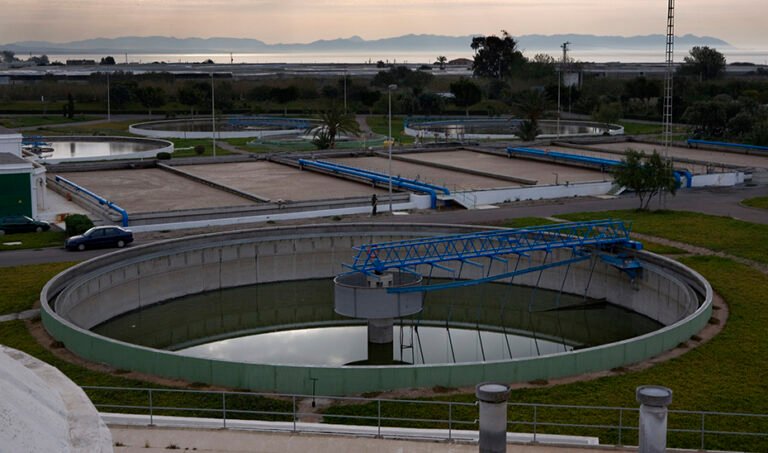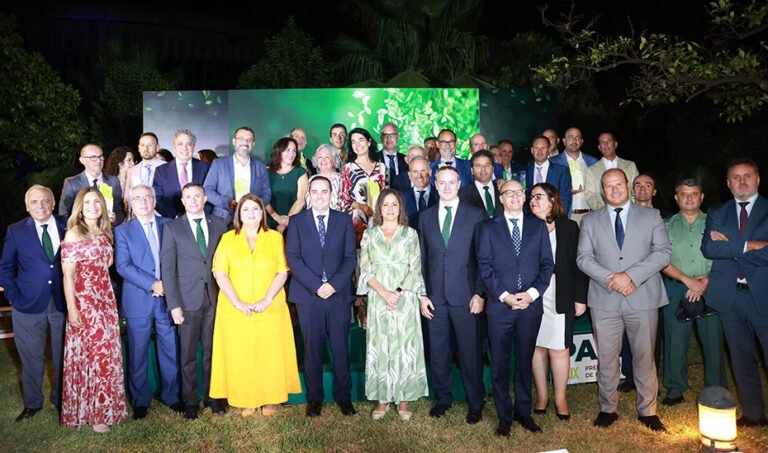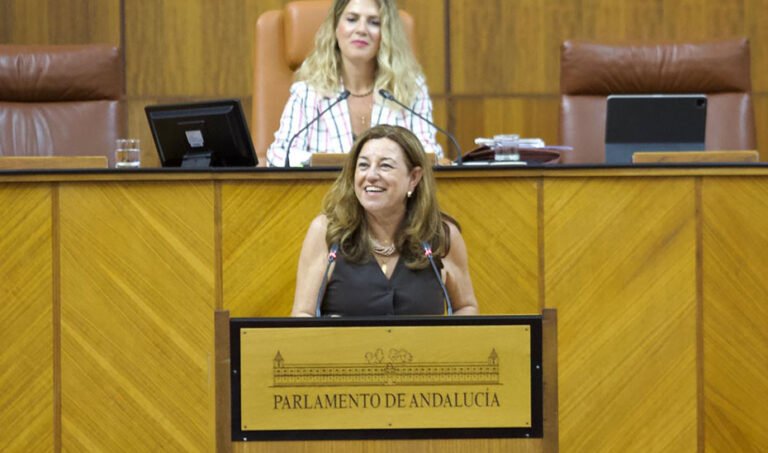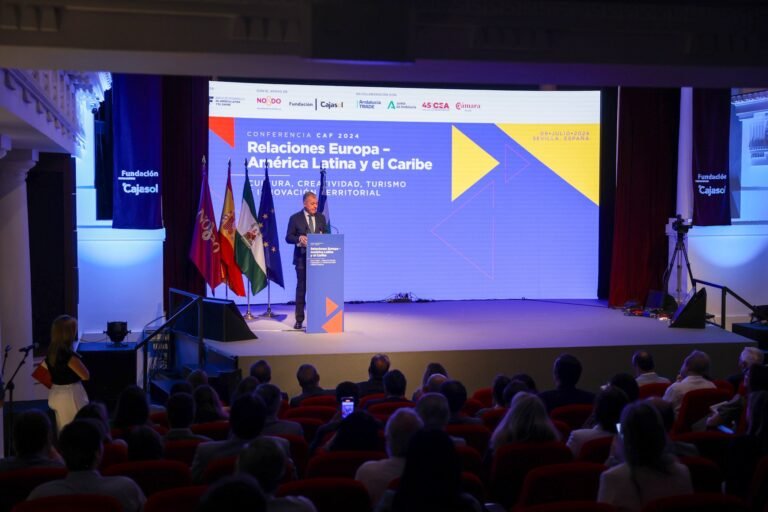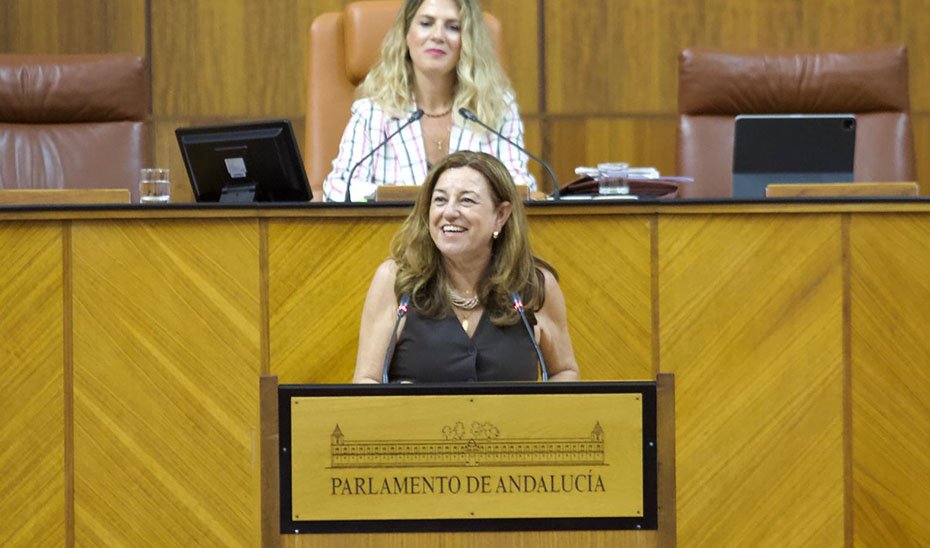
The counselor for Educational Development and Vocational Training, María del Carmen Castillo, has emphasized that the success of Vocational Training (FP) would not be possible without the collaboration of the productive sector. Thus, she pointed out that Andalusia has established «a strong» public-private network, materialized in more than 85,500 agreements with 36,500 companies throughout the community, including large groups and, notably, small and medium-sized enterprises (SMEs) that make up the backbone of the regional economy and represent over 90% of the Andalusian business fabric.
Castillo has reported to the Parliament on the offer of these teachings for the next academic year 2025/26, which consolidates the full dualization of Andalusian FP and aims to train the new generations in professions with high demand and future prospects, directly connecting education with the reality of the productive environment.
In this sense, the counselor has emphasized that this strategy is «ambitious, rigorous, and deeply responsible,» with a clear focus on employability and adaptation to the needs of the Andalusian business fabric. Furthermore, she mentioned that for the next academic year, a «more refined, realistic, and qualitative planning» has been proposed, including 71 strategic actions, among which 39 new training cycles and specialization courses stand out, eight group increases in teachings with high demand, 11 level increases, replacing basic degrees with intermediate ones, and intermediate with higher ones, and 13 adjustments to the productive fabric, prioritizing competitive cycles with high job placement.
In total, 168,447 new entry places will be offered, of which 1,460 are newly created. This increase consolidates the effort of the Andalusian Government, which in the last six years has created 47,552 new places, representing a growth of nearly 40% compared to 2018.
Additionally, the next academic year will have a total of 3,773 training cycles and specialization courses, 31% more than in 2018, with a wide range of different qualifications up to 197, out of the total of 222 in the national catalog, that is, over 88%. Innovative training cycles have been incorporated in traditional and emerging sectors, with special attention to the rural area.
Likewise, María del Carmen Castillo stated that Vocational Training is experiencing a decisive moment, as in recent years, firm efforts have been made to meet the sustained growth in demand. Currently, 82% of those who apply for a place in public FP are admitted, which is 17 points more coverage than in 2018, a «substantial leap» as a result of a determined commitment by the Andalusian Government to professionalizing and quality education.
In her speech, the counselor also indicated that more and more families trust Andalusian Vocational Training as an effective path to employment, supported by job placement data. Nearly half of FP graduates find employment within a year of completing their studies, with rates exceeding 52% in cycles such as Mechanics or Electronics, and reaching 54% in higher degrees. Furthermore, a recent study by the Statistics and Cartography Institute of Andalusia reveals that the 2019-2020 cohort achieved a job placement rate of 65.7% four years after completing their studies, an increase of 26.7 percentage points compared to the rate recorded by the same cohort just three years earlier, in 2021.
On the other hand, the counselor assured that the new FP model with the dualization of teachings has been achieved in Andalusia and complies with state regulations. In fact, the head of Educational Development and Vocational Training highlighted that not only has it been ensured that all Dual students in general mode in publicly funded centers on internships are registered with Social Security, but this cost is fully covered by the Ministry, exempting Andalusian companies from any charges. Additionally, administrative processes have been streamlined, relieving centers of bureaucratic burdens «so that their energy can focus on training excellence.»


